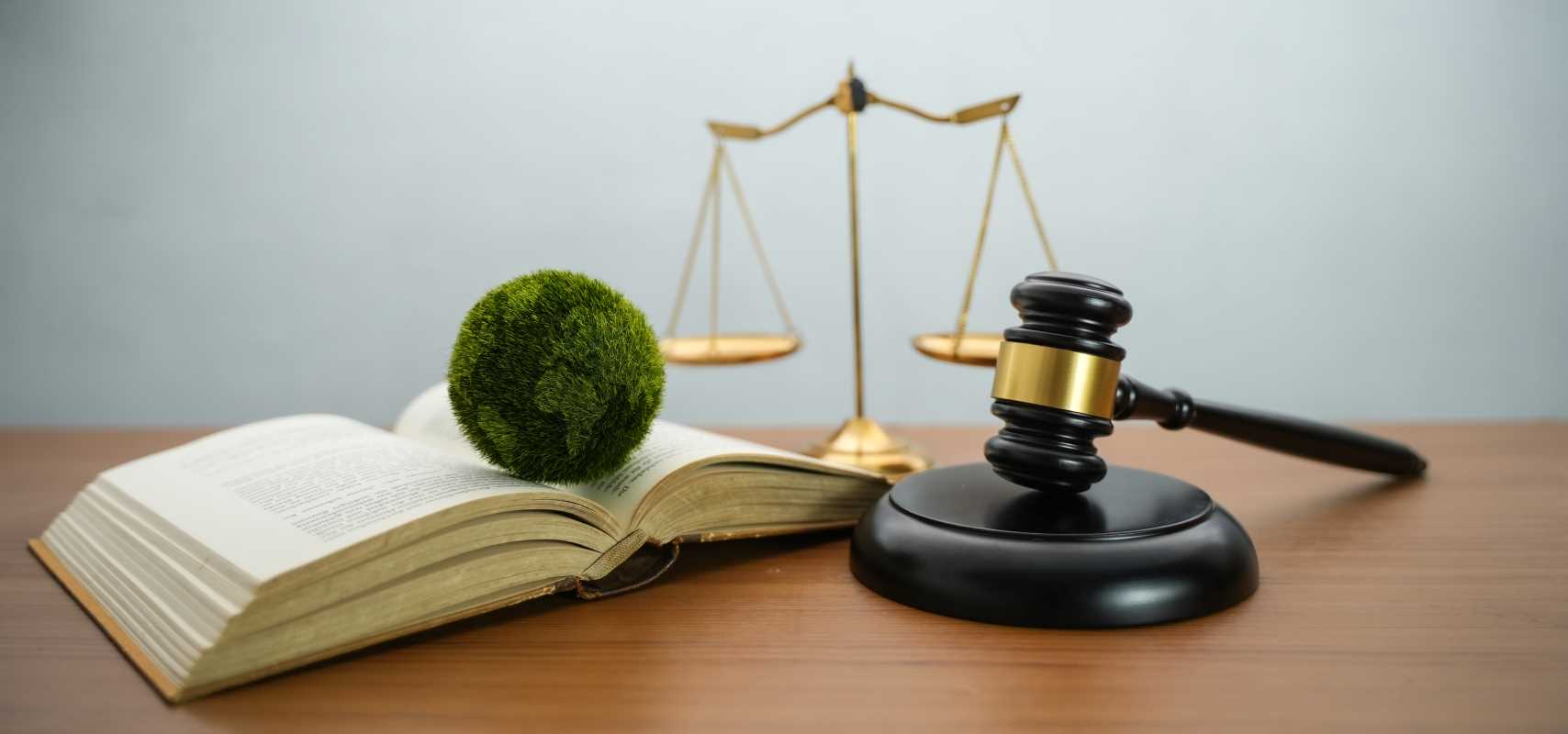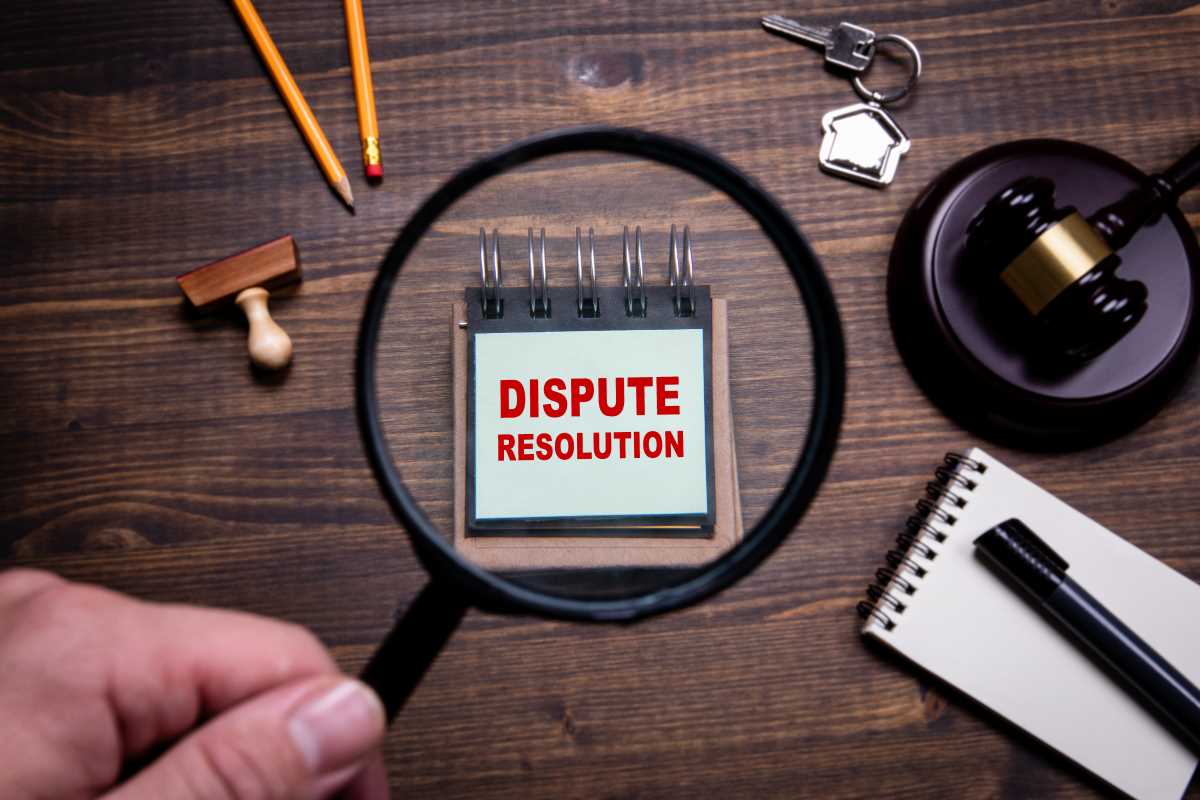Choosing a legal representative is a critical decision that can significantly influence the outcome of your case. Whether you require legal assistance for personal, business, or criminal matters, making an informed choice is essential. Selecting the right lawyer involves careful consideration and avoiding common mistakes that could lead to unfavorable results. This comprehensive guide provides valuable insights into the key factors and pitfalls to avoid when choosing a legal representative. With the right approach, you can secure the legal expertise needed to navigate your situation effectively and achieve the best possible outcome.
Mistake #1: Choosing Based Solely on Cost
While it’s important to consider affordability, selecting a lawyer based solely on cost can backfire.
- Low Fees May Indicate Inexperience: A lower fee may be attractive but could signal a lack of expertise or resources to handle complex cases.
- High Costs Don’t Always Mean Better Quality: Expensive legal services don’t always guarantee success. Balance cost considerations with an evaluation of skills and experience.
Example: If you’re dealing with a sensitive family law case, choosing the cheapest lawyer might mean sacrificing personalized attention or expertise, which could hurt your case in the long run.
Pro Tip: To ensure transparency, request a clear breakdown of fees and understand how charges will be applied (hourly, flat fee, or contingency).
Mistake #2: Not Checking Credentials and Experience
Failing to verify a lawyer’s qualifications and experience can lead to hiring someone ill-suited for your case.
- Essential Credentials: Verify their license through your state bar association. Check for additional certifications in specialized fields.
- Relevant Experience: Look for a lawyer with a proven track record in cases similar to yours.
Case in Point: For a personal injury claim, prioritize a lawyer who has handled similar cases successfully and is familiar with insurance companies' tactics.
Action Step: During consultations, ask about their success rate and specific experience with cases like yours.
Mistake #3: Ignoring Compatibility and Communication
A strong lawyer-client relationship relies on compatibility and clear communication.
- Signs of Good Compatibility:
- The lawyer listens attentively and respects your concerns.
- They explain legal jargon in plain language, ensuring you fully understand your case.
- Poor Communication Indicators:
- Delayed responses to emails or calls.
- Dismissive or overly technical explanations.
- Signs of Good Compatibility:
Example: A business owner working with a corporate lawyer must feel confident that the lawyer understands and communicates effectively to achieve their business goals.
Pro Tip: Trust your instincts during the initial meeting. If you feel uneasy, it’s better to continue your search.
Mistake #4: Failing to Research and Read Reviews
Skipping thorough research is a missed opportunity to gain insights into a lawyer’s reputation and work ethic.
- Where to Look:
- Online reviews on legal directories like Avvo or Martindale-Hubbell.
- Testimonials from previous clients.
- Recommendations from trusted friends or colleagues.
- What to Watch For:
- Patterns of negative reviews indicating recurring issues.
- Positive reviews that highlight their professionalism and success.
- Where to Look:
Example: A highly rated immigration attorney with positive feedback on handling complex cases may inspire confidence in clients navigating visa challenges.
Pro Tip: Combine reviews with a personal consultation for a well-rounded perspective.
Mistake #5: Overlooking Specialization and Expertise
Legal matters often require specialized knowledge, and overlooking this can weaken your case.
- Why Specialization Matters: Different areas of law have unique complexities. For instance:
- A criminal defense attorney understands courtroom strategies better than a general practitioner.
- An estate planning lawyer is well-versed in drafting wills and managing trusts.
- Benefits of Expertise: Specialized lawyers stay updated on relevant laws, increasing the likelihood of a favorable outcome.
Example: If you’re pursuing a patent application, hiring an intellectual property attorney protects your invention under current regulations.
Pro Tip: Ask for case studies or examples of how they handle similar situations.
Selecting the right legal representative requires research, intuition, and strategic evaluation. Avoid common pitfalls such as focusing solely on cost, ignoring credentials, or failing to prioritize communication. By thoroughly vetting potential lawyers and considering their specialization, experience, and compatibility, you can ensure effective representation for your legal needs. Investing time in this process now can save you stress and setbacks later.
 (Image via
(Image via





